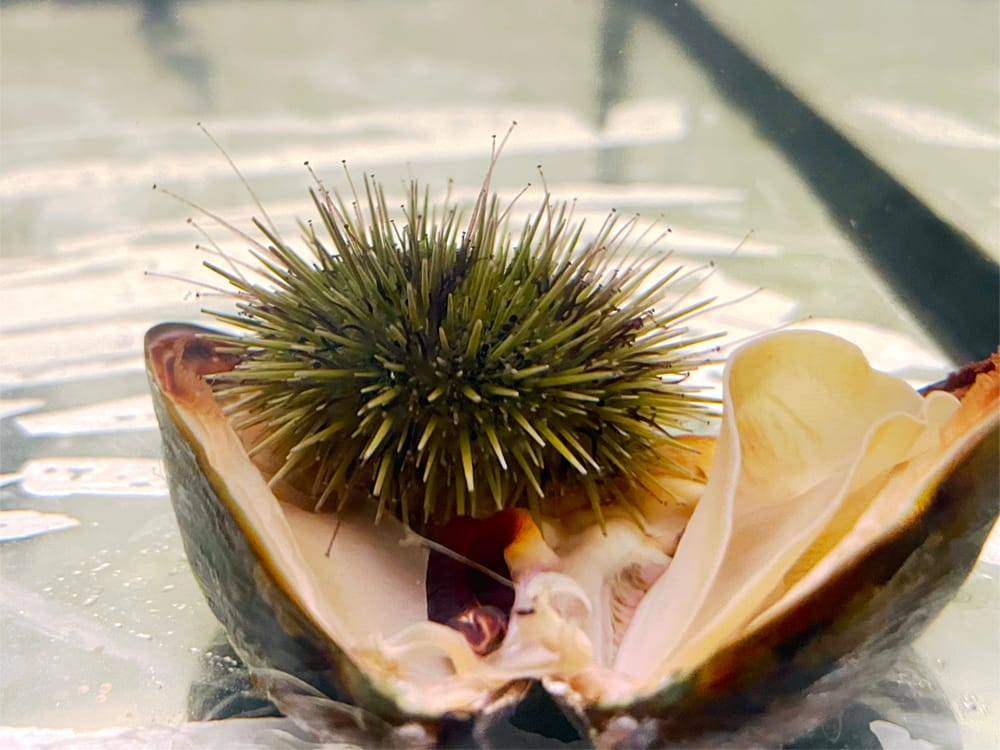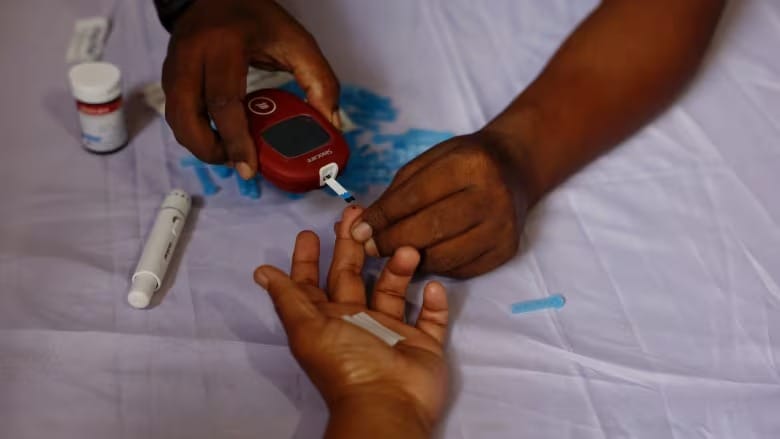Toxins in Dead Shellfish Impair Indigenous Peoples' Right to Food Sovereignty
Coastal Indigenous communities face a higher risk from PSP due to their reliance on seafood. For example, residents of Bella Bella consume significantly more seafood than those living in inland areas like Kelowna.

Vancouver Island University (VIU) biology student Chloe McLaughlin is part of an innovative research project that could significantly enhance food security for remote and Indigenous communities along the Canadian coast.
As part of her work, McLaughlin carefully feeds a palm-sized green sea urchin a biotoxin known as paralytic shellfish poison (PSP). While this toxin is highly poisonous to humans, it does not harm sea urchins or other marine creatures like oysters, clams, and mussels that lack a central nervous system.
This experiment is a component of a larger collaborative effort between the Canadian Food Inspection Agency and VIU.
Led by Timothy Green, VIU's Canada Research Chair in Shellfish Health and Genomics, the project aims to improve testing methods for biotoxins in seafood, ultimately bolstering food security for coastal communities, particularly Indigenous populations.
Coastal Indigenous communities face a higher risk from PSP due to their reliance on seafood. For example, residents of Bella Bella consume significantly more seafood than those living in inland areas like Kelowna.
Traditional foods are vital not only for nutrition but also for the cultural and community health of First Nations. Reducing seafood consumption can lead to increased health risks, such as heart disease, as highlighted by a recent study.
There are already Indigenous-led initiatives focusing on biotoxin testing, such as the We All Take Care of the Harvest project by the First Nations Health Authority and testing labs established by the Southeast Alaska Tribal Testing program.
McLaughlin’s work contributes to this effort by determining if sea urchins accumulate PSP to dangerous levels. If sea urchins remain unaffected by these toxins, they could be a safer alternative food source when shellfish harvesting is unsafe.
The ultimate goal of the research is to develop a portable and accessible testing kit that can be widely distributed to remote communities, allowing for accurate detection of biotoxins in seafood.
These toxins are particularly insidious because they have no taste or smell and cannot be neutralized by cooking.
The hope is to create a test as simple and reliable as a pregnancy test or COVID-19 rapid antigen test, which could give communities immediate and trustworthy information about the safety of their seafood.
While the challenge is significant—given the need to test for hundreds of different biotoxins—Green remains optimistic, believing that innovative solutions are always within reach.





